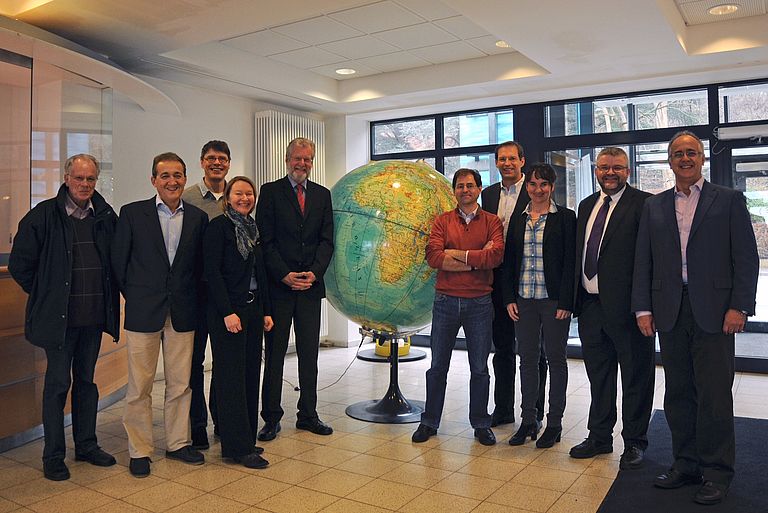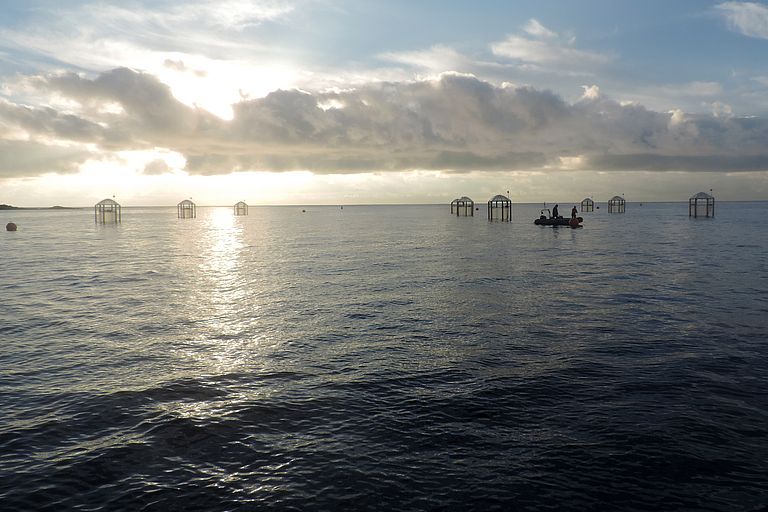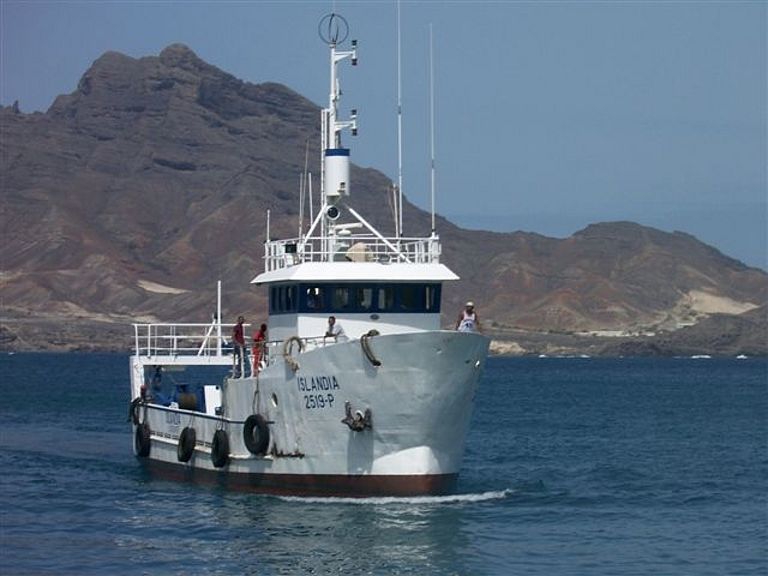GEOMAR cooperates with Cape Verde and Gran Canaria
Partners met in Kiel to exchange ideas
Two important destinations for marine research - one with an excellent infrastructure and a variety of scientific experience, the other with strong ambitions and a growing research station: Gran Canaria and the Republic of Cape Verde discuss cooperation possibilities with GEOMAR Helmholtz Centre for Ocean Research Kiel. Representatives of the Oceanic Platform of the Canary Islands (PLOCAN), the University of Las Palmas de Gran Canaria (ULPGC), the Instituto Nacional do Desenvolvimento the Pescas (INDP) and GEOMAR recently exchanged their ideas in a workshop at Kiel. As one outcome, students may complete their training on the islands and in Kiel and doctoral research can take place at various locations as part of an international programme.
ULPGC and PLOCAN are already working successfully together with INDP - a collaboration with the GEOMAR was launched by the two Canarian institutions in November 2014. "The facilities are excellent and research ist conducted at a high international level," Prof. Peter Herzig recalls. The GEOMAR Director visited Gran Canaria during a study on the effects of ocean acidification on the subtropical Atlantic. "For these field experiments we head out with a veritable research circus," says Prof. Ulf Riebesell, coordinator of the mesocosm experiments. "PLOCAN and the University of Las Palmas have helped us in many ways."
What has become reality at Gran Canaria already, is currently under construction on the capeverdean island of São Vicente. By the end of 2016, the Ocean Science Center Mindelo will open as a new research station with laboratories, workshops, offices and seminar rooms. "We can certainly learn a lot from the successful model of PLOCAN for our work at Cape Verde," says Prof. Arne Körtzinger, Head of the Research Division Marine Biogeochemistry at GEOMAR, "while the lack of a reliable and rapidly available research vessel on-site is a common problem that we share."





